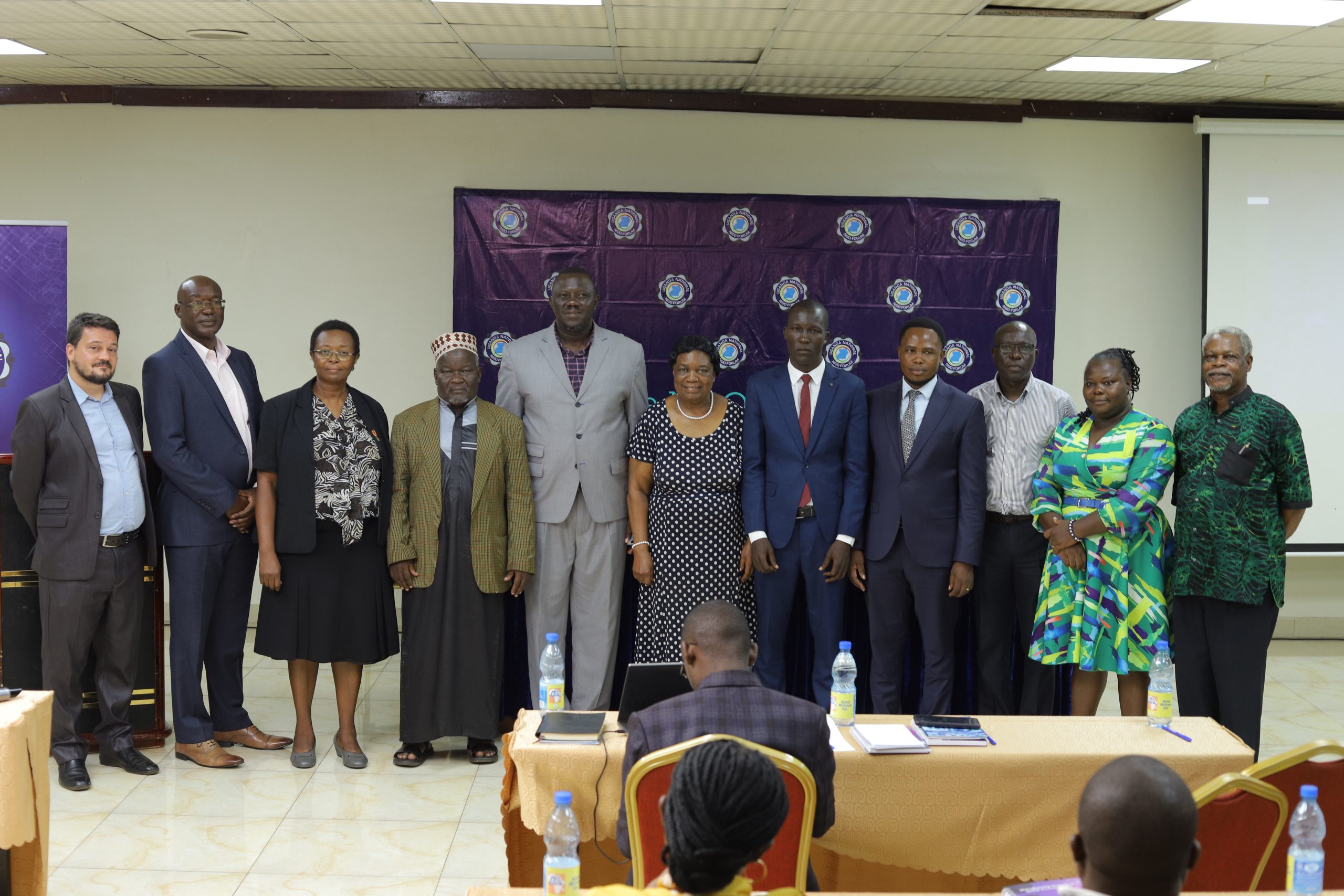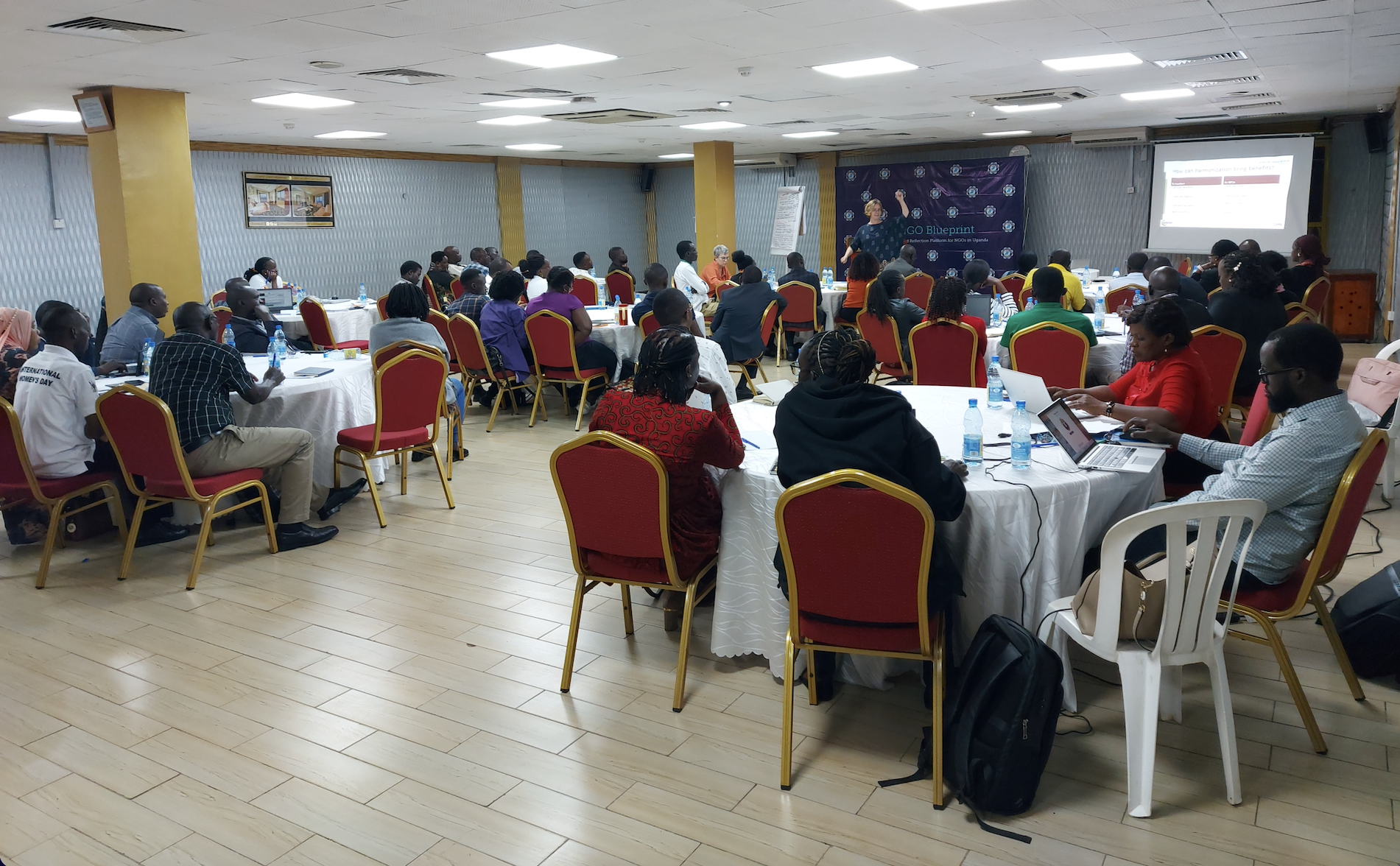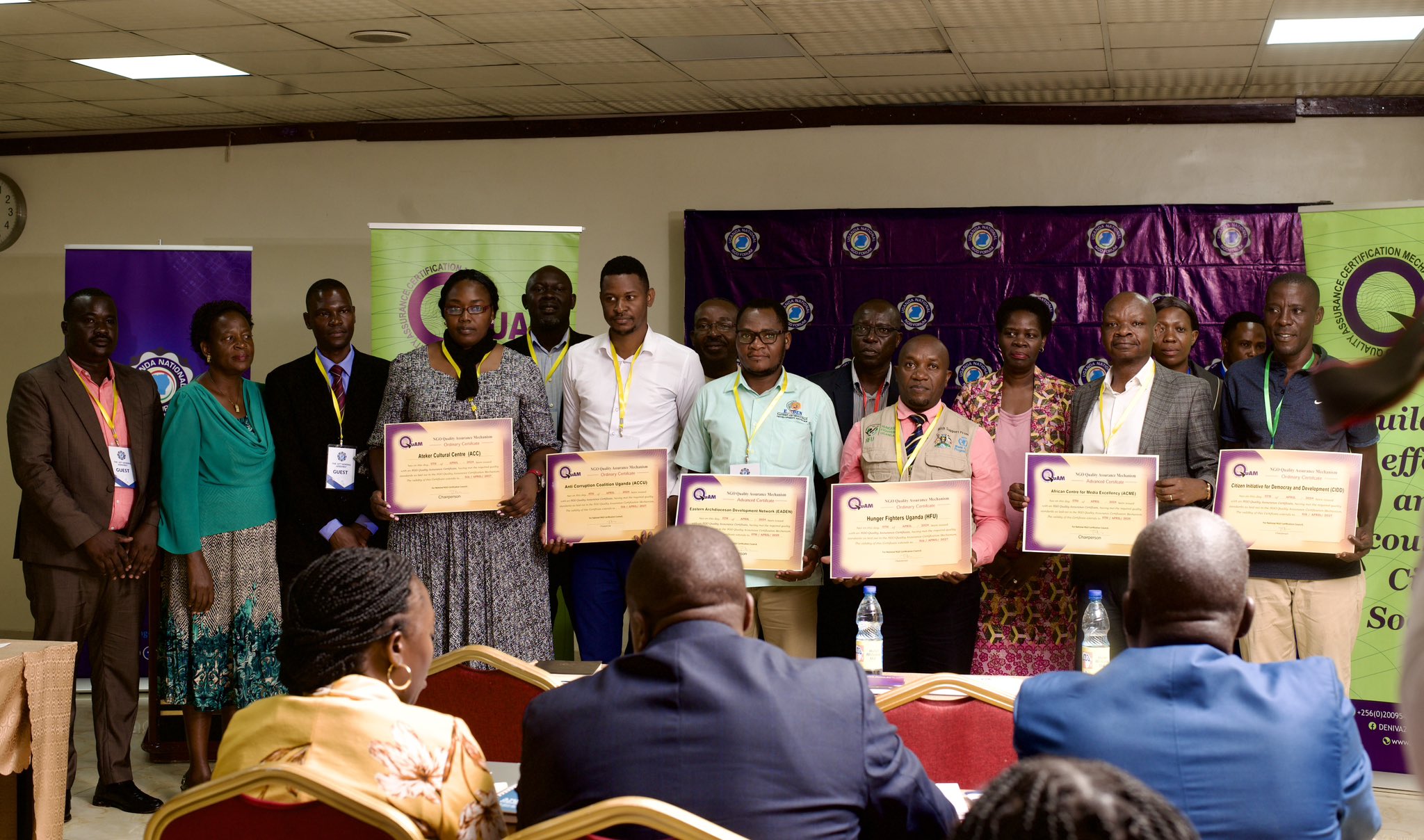Every Shilling Counts: Citizens Decry Proposed Budget cuts to Education
The budget is largely a technical document that, for most citizens, is difficult to read and understand in order to engage in the budget process. It is against this background that the Civil Society Budget Advocacy Group (CSBAG) which brings together citizens, their organizations and other key actors such as Members of Parliament and government, organized a pre-budget public dialogue to discuss the proposals in the budget framework paper 2014/15 and collectively make recommendations to policy makers.
The Pre-budget dialogue, with the theme “Every Shilling Counts: Are the Budget Proposals for the FY 2014/15 effective to deliver us from poverty”, brought together citizens from various parts of the country.
CSBAG commended government for the proposed increases in Agriculture, Water and Sanitation, and Works and Transport. However, it was noted that the increments were still nominal to impact the sectors meaningfully. These critical areas are still crippling despite proposed increase in budget share.
Mr. Julius Mukunda, the Coordinator CSBAG presented the major concerns from the proposals while highlighting recommendations that would work and enable Government deliver a pro-poor budget for Ugandans. These included; proposed cuts to education to 11.9% (UGX 1,699bn) down from 13.5% (UGX 1,761.6bn) in FY 2013/14, all shares below the average 18% standard for countries benefitting from the Global Partnership for Education. Yet he noted that this will definitely have a negative impact given that the education sector suffers human resource constraints, a non-clear school feeding policy, huge arrears in utilities, insufficient monitoring and evaluation budget, crippled teachers’ welfare, inadequate capitation grants as well as limited funding for Special Needs Education.
Further, the Health sector is likely to face a decline in budget share from 8.6% in FY 2013/14 to 8.4% (UGX 1,197.80bn) in FY 2014/15. This presents no funds for wage enhancement for medical officers at Health Centre IIIs and IVs and constrained recruitment of health workers to counter the low staffing challenge.
In addition, Uganda Manufacturers’ Association (UMA) represented by Michael Oketcho, called upon government to involve parents in education and develop a clear school feeding policy because our economy suffers a poor skilled and less innovative labour because children are not learning as a result of many factors, one of them being poor school infrastructure coupled with no school feeding policy.
Ministry of Finance Planning and Economics Development emphasized the need to enhance integrity and transparency in budget implementation. Mr. Moses Ssonko, the Ministry representative said the task to implement integrity and transparency is huge although attainable with more efforts. He called upon CSOs to continue and invest more efforts towards fighting corruption for a pro-poor budget and implementation.
Members of Parliament at the public dialogue promised to push for improving welfare of teachers and health workers, including special needs education.
Participants urged the government to minimize arrears in expenditure as well as develop a development expenditure budget other than the current consumption expenditure budget. In that vein, they recommended that a lot of white fat could be cut from institutions that have duplicated roles such as State House and President’ Office.
A unanimous call was made to revive the farmer/producer cooperative to promote collective marketing and stable prices. In addition, small holder farmers need support to adapt to climate change and be able to maintain food production and curtail inflation.



